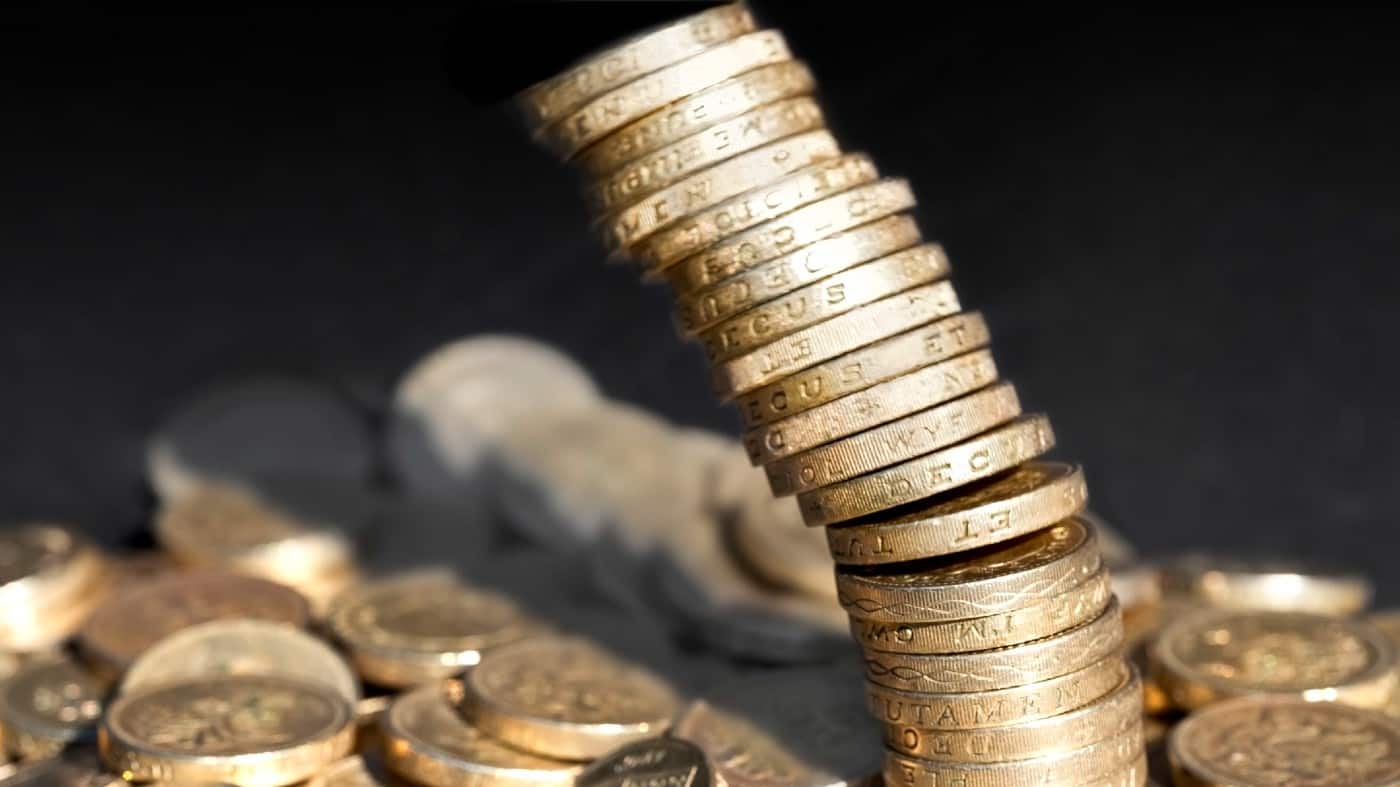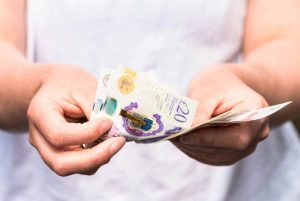As the FTSE earnings season winds down, shareholders can now look forward to receiving the dividends that firms have declared. Happy days.
As these payouts were announced, each came with a critical date: the ‘ex-dividend’ date. The term literally means ‘without dividend’. It marks the point (usually a Thursday) when the stock begins trading without the value of the next dividend included in its price.
As such, it’s typical for a stock’s price to fall by approximately the amount of the dividend on the day. So, when a stock goes ex-dividend, the buyer of the stock will not receive the upcoming payment. The dividend goes to the seller of the stock.
This is standard practice and nothing to worry about. Indeed, for stocks with low yields, this decrease might be so minimal that it’s barely noticeable.
FTSE 100 shares going ex-dividend
A total of 11 Footsie shares go ex-dividend in September. They are:
| Company | Ex-Dividend Date | Payment Date |
|---|---|---|
| DS Smith | 5 September | 4 October |
| Croda International | 5 September | 8 October |
| International Consolidated Airlines | 5 September | 9 September |
| Aviva | 5 September | 17 October |
| Admiral | 5 September | 4 October |
| Antofagasta | 5 September | 30 September |
| Endeavour Mining | 12 September | 10 October |
| Intertek | 12 September | 8 October |
| Unite | 19 September | 1 November |
| British American Tobacco (LSE: BATS) | 26 September | 1 November |
| Rightmove | 26 September | 25 October |
These are interim dividends except those from packaging firm DS Smith and British American Tobacco.
While future dividends can never be guaranteed, these particular ones have been approved and are scheduled to be paid.
Mouthwatering yield
Unlike the typical twice-yearly dividend schedule, British American Tobacco pays out every quarter, which makes it rare in the FTSE 100. The dividend to be dished out on 1 November will be 58.8p per share.
At the current share price of 2,777p, the dividend yield stands at a whopping 8.4%. Even better, analysts expect the payout to climb next year, resulting in a forward yield of 9%.
The tobacco giant has a multi-decade track record of raising the dividend for shareholders.
High-yield passive income
However, it should be said that the yield is so high for a reason. Investors are taking on a myriad of risks, from stricter tobacco regulations to declining cigarette sales in some developed countries.
In emerging markets, where smoking rates are still relatively high, competition is fierce and profit margins can be lower. Meanwhile, its flagship vaping brand Vuse is facing pressure from illicit alternatives.
Despite these challenges, the company continues to generate significant cash flows. In the six months to the end of June, it generated about £3bn in free cash flow, which was enough to cover the big dividends.
Adjusted diluted earnings per share came in at 169p, beating analyst expectations for 166p.
British American Tobacco owns Lucky Strike, which is growing volume while maintaining its position as the fastest growing cigarette brand in the US (an otherwise declining market).
To diversify away from cigarettes, the company continues to build its non-smoking division. Revenue there grew 7.4% to £1.7bn in H1. Both Vuse and Velo (its nicotine pouch brand) are profitable, while smokeless brands now account for 17.9% of group revenue.
The stock is ultra-cheap, trading at just 7.6 times forecast earnings. That’s lower than both the FTSE 100 average and US tobacco rivals.
Therefore, it’s good to see the company buying back shares. It will repurchase £700m worth in 2024 then £900m in 2025.
If that dividend forecast proves accurate, it means investors could expect just over £1,000 in passive income each year from a £11,500 investment. Nice.
I’d buy the stock today for high-yield dividends if I didn’t already own it.
This post was originally published on Motley Fool







